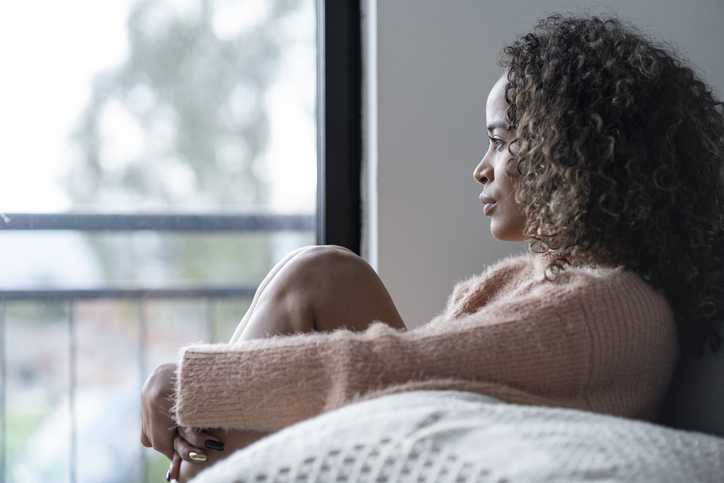BLACK AND minoritised victims of sexual offences are still being failed two years on from a landmark review into rape prosecution rates, leading women’s rights group have said.
The End-to-End report was published in 2020 by the government which set out targets to tackle the injustice and prompted the government to apologise for failing countless victims.
Rape prosecutions plummeted to its lowest point on record which led to critics to label the catastrophe as the “decriminalisation of rape” two years ago.
The Centre for Women’s Justice, the End Violence Against Women Coalition, Imkaan and Rape Crisis England & Wales have now released a report examining the progress made for victims and survivors going through the criminal justice system.
In the first annual figures following the Rape Review, the total cases charged had increased from 1,955 to 2,223.7
In the twelve months to December 2022, the figure had reached only 2,788.8 – an annual total that remains well below the almost 4,000 charged in the year 2015/16.
The report said the scale of women being failed could never be fully transparent because of the failure to record data of marginalised groups such as migrants, disabled women and Black and minoritised women.
“Fundamentally, it is still not possible to track a case through the system from report to court. This is a significant long-term problem, that must change if we are to improve responses to victim-survivors,” the report said.
Amelia Handy, Head of Policy and Public Affairs at Rape Crisis England & Wales, said that victims and survivors who have experiences of these “highly traumatic crimes” deserve long overdue justice.
“Too many are still being denied justice, and are still left retraumatised after engaging with the system. This remains entirely unacceptable.
“For most victims and survivors, whether they report their rape or not, specialist, independent, wrapround sexual violence and abuse services are required in order to understand the profound impacts of trauma, and re-establish a life after sexual violence and abuse,” she said.
“With ever-increasing demand, it is now imperative that this specialist provision is seen as a vitally important form of justice in its own right. This is why we continue to call for long-term funding for specialist sexual violence and abuse services like those provided by Rape Crisis Centres, and specialist by and for Black and minoritised women’s services.”
The report goes onto recognise how positive change has been seen in several areas such as the establishment of a 24/7 Rape and Sexual Abuse Support Line, steps towards specialist rape courts, and a reduction in the length of time some forces retain victims’ mobile phones.
However, still far too many women and girls specialist support services are underfunded routinely in addition to unnecessarily invasive investigations of victims, low perpetrator charging levels and extensive court backlogs.
Black and minoritised victims and survivors are hit the hardest in the lack of progress in the violence against women and girls sector the report continues, adding the government has not demonstrated a commitment to addressing this disparity.
The Voice is supporting the campaign for Valerie’s Law led by Sistah Space, a domestic and sexual violence charity for African and Caribbean heritage women.
The landmark legislation will make it compulsory for the police and other agencies to undergo mandatory cultural awareness training for when supporting Black victims of abuse. The push for Valerie’s Law also aims to confront issues such as lack of funding and the decrease in specialist services for victims and survivors.
A spokesperson Imkaan, a leading specialist domestic and sexual violence charity, said: “It is well established that race and ethnicity remains one of the very biggest gaps in police data, despite our continual offer to support a pilot to improve data on inequalities. It is disappointing that nearly three years since our last joint report, there has been no progress in understanding who does and does not access the criminal justice system.
:To properly transform the justice systems’ response to rape disparities around access to justice, it must be properly understood. For systemic change, we need to know: what, how, and where inequalities manifest across the protected characteristics, before, during and after victim-survivor interactions with the CJS. Today we reiterate our call for commissioned independent research into this as a matter of urgency.”


Comments Form